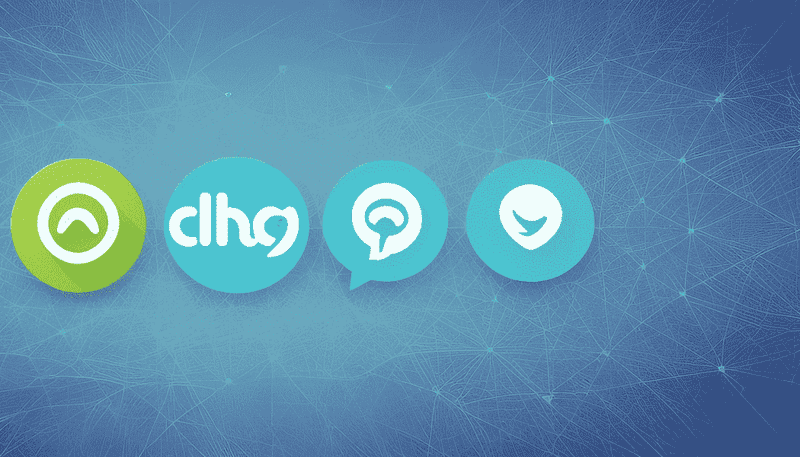Understanding ChatGPT: The Future of Conversational AI

Understanding ChatGPT: The Future of Conversational AI
In recent years, there has been a significant advancement in the field of Artificial Intelligence (AI), specifically in the domain of conversational agents. One such breakthrough is ChatGPT, a state-of-the-art language model developed by OpenAI.
ChatGPT is designed to generate human-like responses by understanding and generating natural language. It has the capability to engage in interactive and dynamic conversations, making it a promising tool for various applications.
How ChatGPT Works
ChatGPT is built upon the foundation of the GPT (Generative Pre-trained Transformer) architecture. It is trained on a large corpus of text data from the internet, allowing it to learn patterns, context, and language nuances.
The model is fine-tuned using Reinforcement Learning from Human Feedback (RLHF) to ensure more accurate responses. OpenAI collects data from human AI trainers who participate in conversations where they play both the user and the AI assistant. This data is used to create a reward model that helps in reinforcement learning.
Applications of ChatGPT
- Customer Support: ChatGPT can be utilized in customer support systems to provide instant responses to user queries and offer solutions to common problems.
- Virtual Assistants: With its ability to engage in interactive conversations, ChatGPT can be employed as a virtual assistant to perform tasks like scheduling appointments, setting reminders, and providing personalized recommendations.
- Language Learning: ChatGPT can act as a language tutor, offering practice conversations and answering queries related to grammar, vocabulary, and pronunciation.
Benefits and Challenges
ChatGPT presents numerous benefits, such as its ability to understand and generate human-like responses, its potential to scale with increasing data and computational resources, and its versatility across various domains.
However, there are challenges that need to be addressed. ChatGPT sometimes generates incorrect or nonsensical responses, is sensitive to input phrasing, and can exhibit biased behavior if not carefully supervised.
The Future of Conversational AI
ChatGPT is just one step towards the future of conversational AI. OpenAI continues to improve the model by gathering user feedback and addressing its limitations. They are also working on making the model more customizable and allowing users to define its behavior within certain bounds.
With advancements in AI research, we can expect more sophisticated and context-aware conversational agents that can understand and respond to human intentions more accurately.
ChatGPT is a significant milestone in the development of conversational AI, and it opens up a world of possibilities for industries ranging from customer service to language learning. As the technology evolves, we can look forward to more interactive and intelligent AI assistants that enhance our daily lives.
